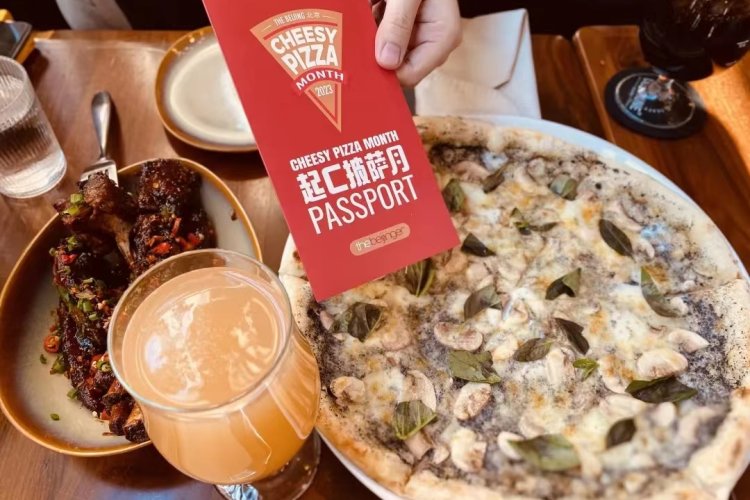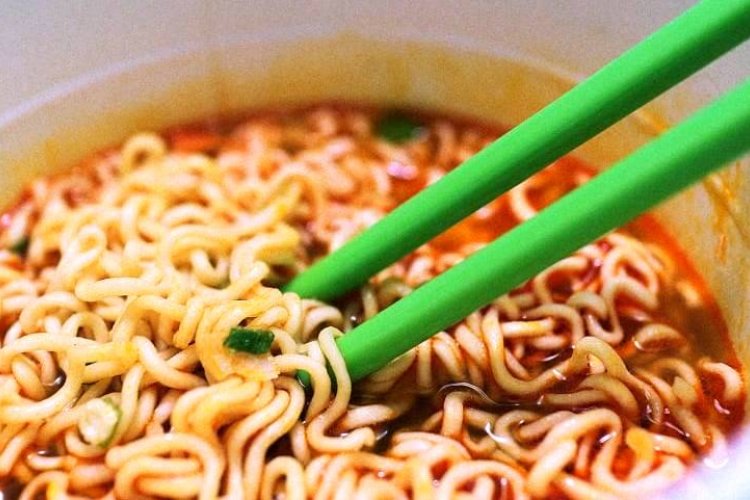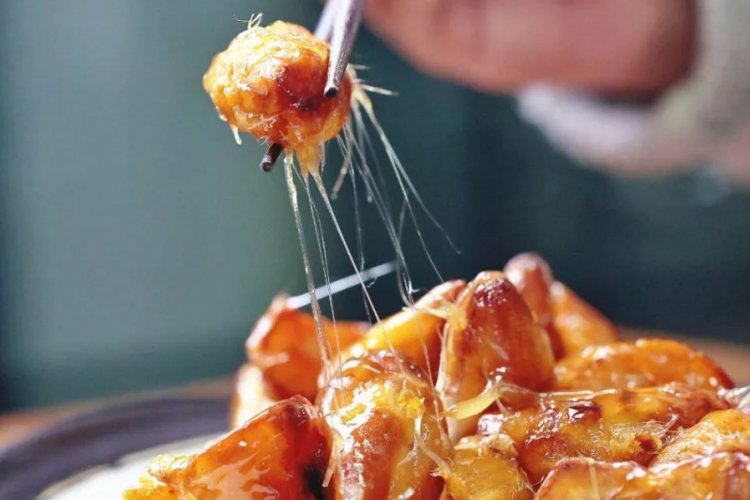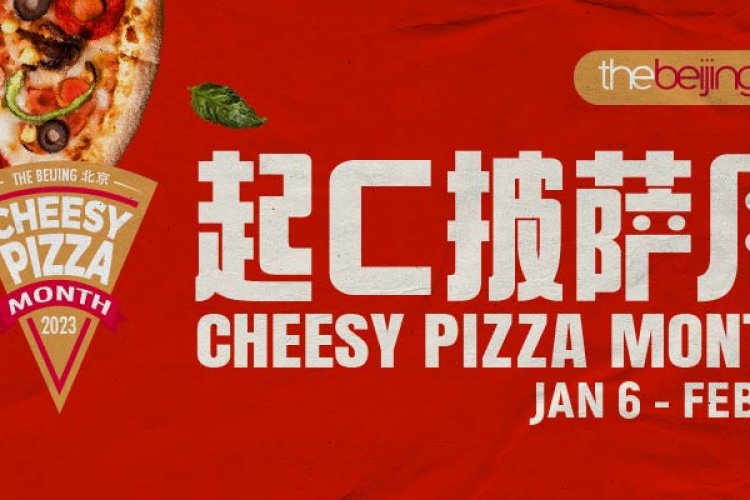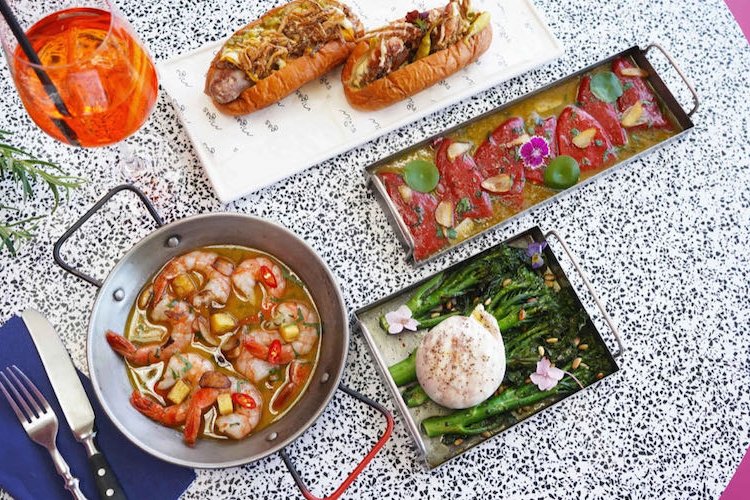Wokipedia: C Is For …
“Wokipedia” is a regular magazine column in which we introduce aspects of Chinese gastronomy, one letter at a time.
... chou doufu 臭豆腐
Come on, isn’t it time you caved? Just imagine all those times you’ve pitied your Chinese friend for skipping out on a hunk of Roquefort, then get yourself a steaming pile of the stinky tofu and dig in. An easy way to start is with the fried variety at a place like Nanjing Impressions – just don’t be alarmed by the grayish hue. If you’re really timid, you might even head to Taipei Kitchen and start with an order of their popcorn chicken flavored with furu (腐乳). The creamy fermented beancurd shares some of the flavor profile of its sturdier relative, but when it’s paired with the crunchy, salty chicken, you just might get why people actually eat the stuff.
... candou 蚕豆
Fava beans, broad beans … whatever you call ’em, you should know that the Chinese have improved upon them by – what else? – frying them. You’ll find them in most supermarkets, packaged and ready for your snacking pleasure. In Sichuan, they’ve also done you the favor of mixing them with soybeans and chili to make doubanjiang (豆瓣酱), the paste upon which zhajiang mian is built.
... chaofan 炒饭
There are few things more comforting than a plate of fried rice, both for us eaters and for those leftovers languishing in your fridge. You get a tasty meal, they get renewed purpose. Everybody wins. Chaofan may have humble beginnings as a last-minute meal solution, but Chinese chefs will tell you that rice-frying skills reveal a lot about a cook’s technique in the kitchen, particularly their control of the burner’s heat – a pivotal skill in Chinese cuisine.
... cu 醋
Chinese vinegars may not have the clout of Italy’s balsamics, but they deserve plenty of respect in their own right. The pleasure of a xiaolong bao is elevated by thin slices of ginger steeped in either red or black rice vinegar. If red, you’re likely eating with some Cantonese folks, or borrowing whatever was served with your shark fin soup (while checking over your shoulder for those PETA guys). If black, we hope you’re using Gold Plum’s Chinkiang vinegar – the Moutai of vinegars. The condiment also makes for a great idiom. In Mandarin, ai chicu (爱吃醋), or “love to eat vinegar” can mean that you’re the jealous type.
Click here to see the September issue of the Beijinger in full.
Photo: unvegan.com

